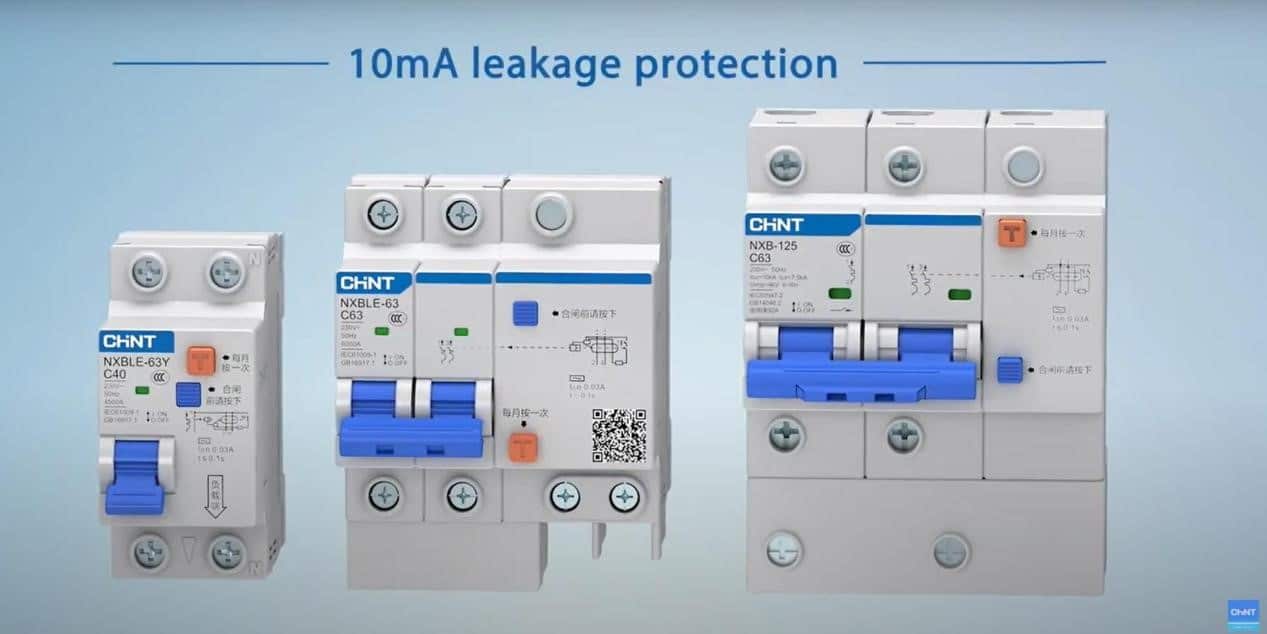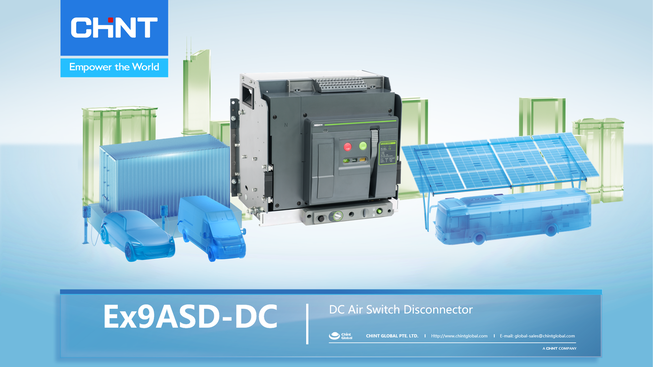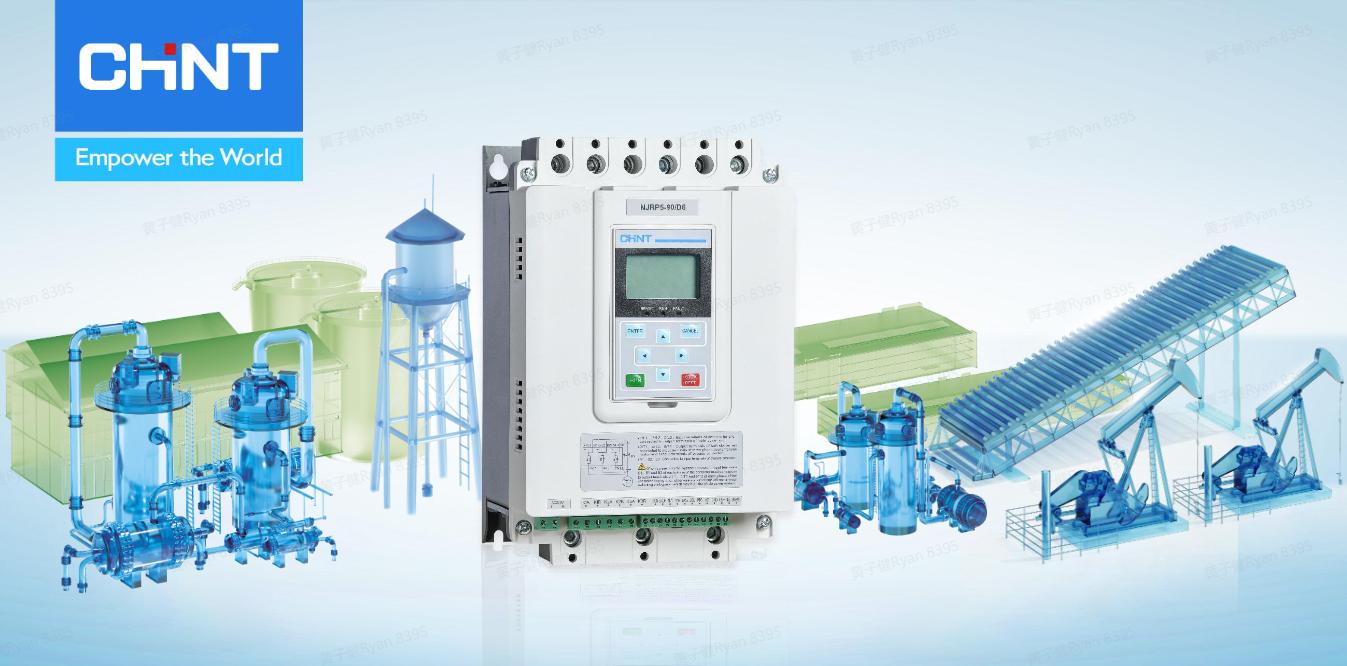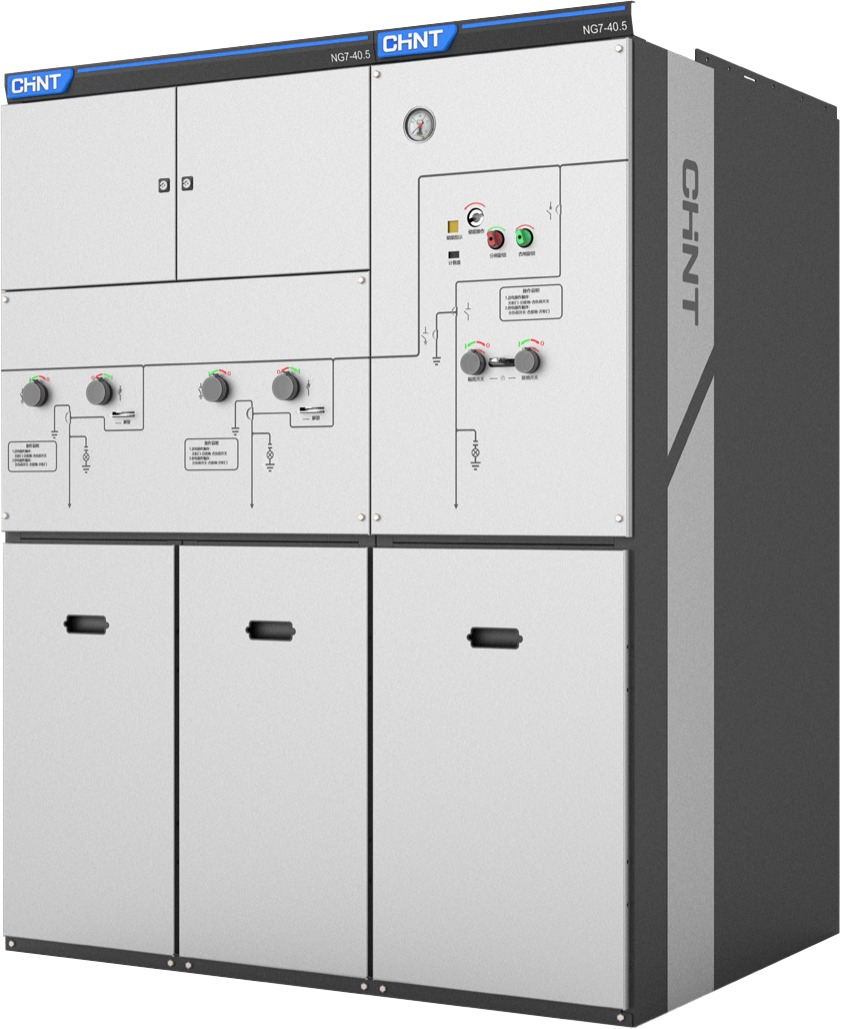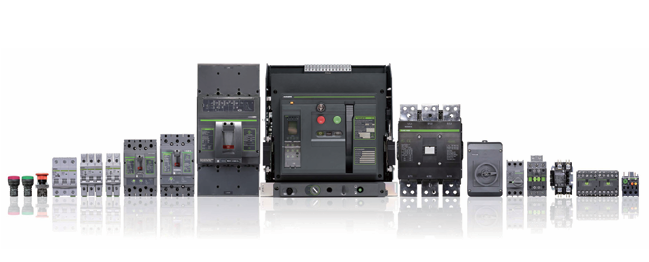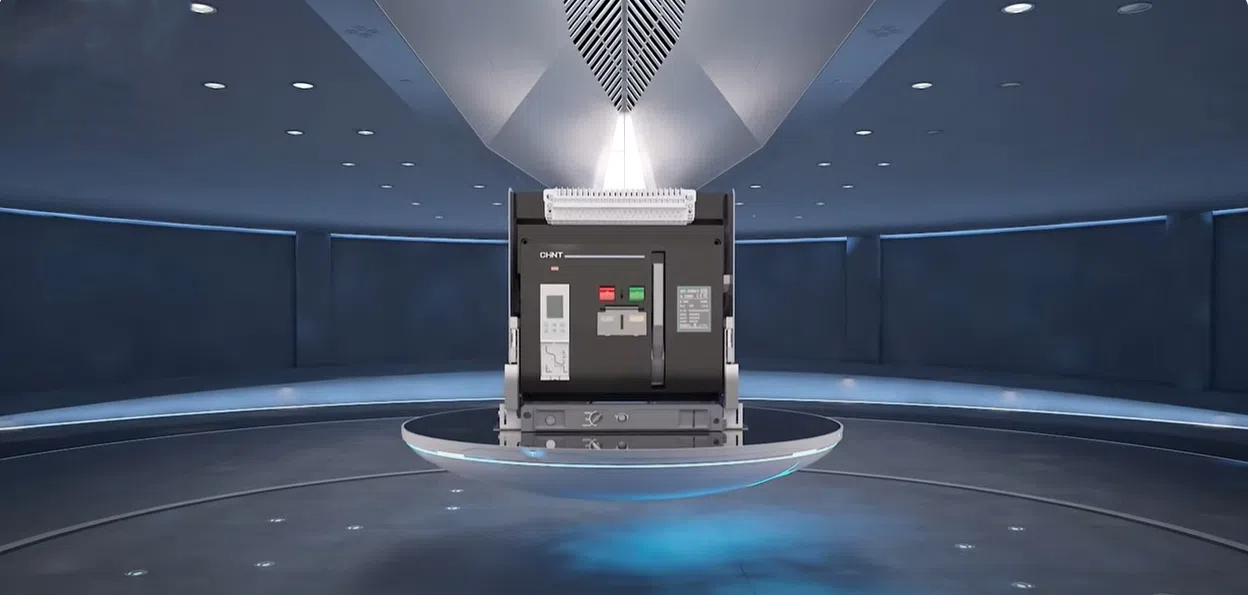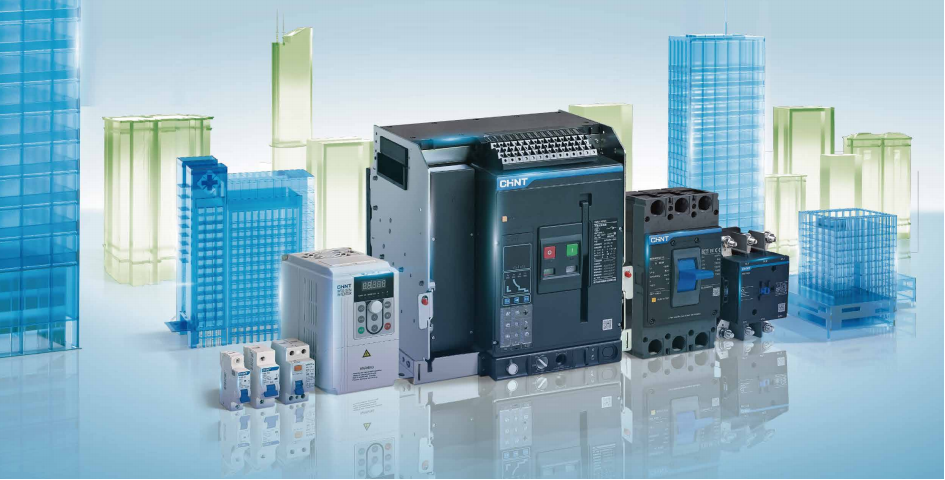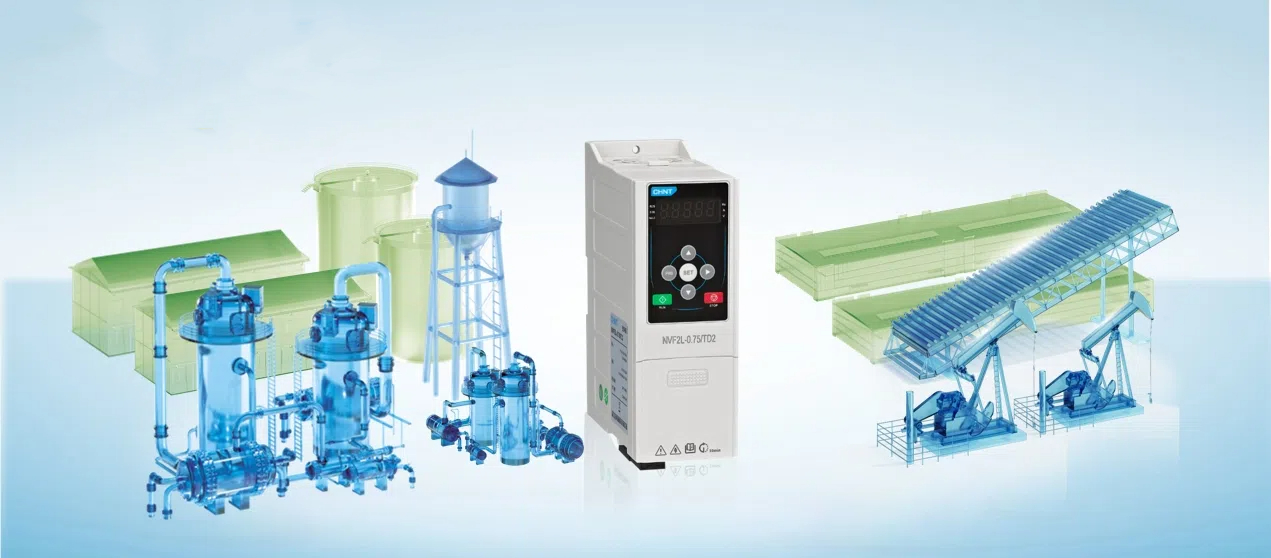Table of Contents
One of the most important decisions when wiring a building is choosing between a fuse box or a circuit breaker. Fuses are, while circuit breakers are. Let’s take a look at the fuse vs circuit breaker debate, how they differ, and which one is better.
Fuses vs Circuit Breakers: What’s the Difference?
A fuse box directs all current flowing into the house and compartmentalizes it into a grid run by fuses. If the electrical activity is too high, a piece of metal inside the fuse will burst, cutting off the flow of electricity to that section to prevent an electrical fire.
A circuit breaker does the same thing but with pieces of solder that melt to stop the flow of electricity to the offending section. Instead of replacing a blown fuse, a circuit breaker can be reset by pulling a lever.
https://www.youtube.com/watch?v=lASxr8Xmyls
Why Should I Choose A Circuit Breaker over a Fuse?
Circuit breakers are the preferred option for protecting homes and businesses from electrical fires caused by power overloads for a variety of reasons. There are many reasons for this but let’s take a look at eight of the most important factors for choosing a circuit breaker over a fuse.
Consistent Performance
A circuit breaker offers more consistent performance than a fuse box, as fuses can degrade over time and old fuses can trip simply due to their age, leaving that particular section of the building without power until it is replaced. A circuit breaker will continue effectively for years without needing replacement.
Unlike fuses, they can also more easily help to identify potential wiring issues in the building. Because of their consistent performance, the main reason a circuit breaker would continually reset would be faulty wiring, which is a very serious issue that should be looked at by a professional electrician.
With fuses, it could simply be a fault in the system or the installed fuses have degraded over time, making it difficult to tell.
Extended Protection
A fuse box will offer a basic layer of protection for a building, whereas a circuit breaker offers extended protection. Fuse boxes are a significantly older technology and were not designed to handle modern electricity levels.
Additionally, circuit breakers protect against both power overloads and short circuits, whereas a fuse box will only be effective when dealing with power overloads.
Enhanced Safety and Less Downtime
A circuit breaker is much safer to operate than a fuse box for several reasons. First, it’s easier for a novice to effect minor repairs, as replacing a fuse with a different voltage, capacity, or other specifications can actually cause a fire instead of preventing one, whereas there’s no danger of this happening with a circuit breaker.
Part of this is due to the enhanced safety features that circuit breakers offer, including ground-fault protection. In America, these are known as Ground Fault Circuit Interrupters (GFCI) and protect people from being electrocuted if an electronic device comes into contact with water, for example. Fuse boxes do not offer this layer of protection.
Responds quicker than fuses
As the threshold for tripping a fuse is much higher than a circuit breaker, it will naturally take longer to prevent an electrical incident from inflicting damage.
In other words, it takes less electricity to trip a circuit breaker than a fuse, which means that a circuit breaker will be capable of responding much quicker and preventing excess electrical current from damaging wires or electronic devices.
They are More Reliable
A fuse box is unreliable and extremely difficult to maintain, as the only way to test whether a fuse still works is to actually overload it, which makes it useless.
Circuit breakers, on the other hand, can be tested during the manufacturing process and can simply be reset when tripped, making them far more reliable than their older counterparts.
They are More Sensitive
The threshold for a fuse to blow is much higher than a circuit breaker, which provides multiple benefits, including the previously mentioned faster response times.
Additionally, a circuit breaker will respond more quickly in a dangerous situation than a fuse box would. Fuses are also much less durable and will need to be replaced more often than a circuit breaker.
Circuit Breakers Can be Reset
A circuit breaker can be reset and used for a much longer period of time than a fuse, which will blow out after one use and need to be replaced. It’s a very simple process as well, only requiring that the lever be pushed back on the breaker itself. After this is completed, the power for that particular sector of the house is back up and running immediately.
Conversely, a fuse box will leave the house unprotected until the fuse is replaced, which could take time, depending on the building’s location and the availability of replacements. Accidentally putting in the wrong type of fuse can also cause the very fire that the system is designed to prevent, which would never be an issue with a circuit breaker.
Cost Savings
Although a circuit breaker may have a higher initial cost than a fuse box, the total cost of ownership over time makes it a significantly cheaper option.
Fuse boxes require more maintenance, especially as fuses need to be replaced immediately after a single trip. When the cost is amortized over the life of the device, a circuit breaker is much less expensive than a fuse box.
Conclusion
These are just a few of the many reasons why circuit breakers are a better choice than fuse boxes for managing electrical safety. Chint Global, the worldwide leader in electrical supplies, is the perfect place to get more information or explore options for purchasing a circuit breaker. Visit their website today!




